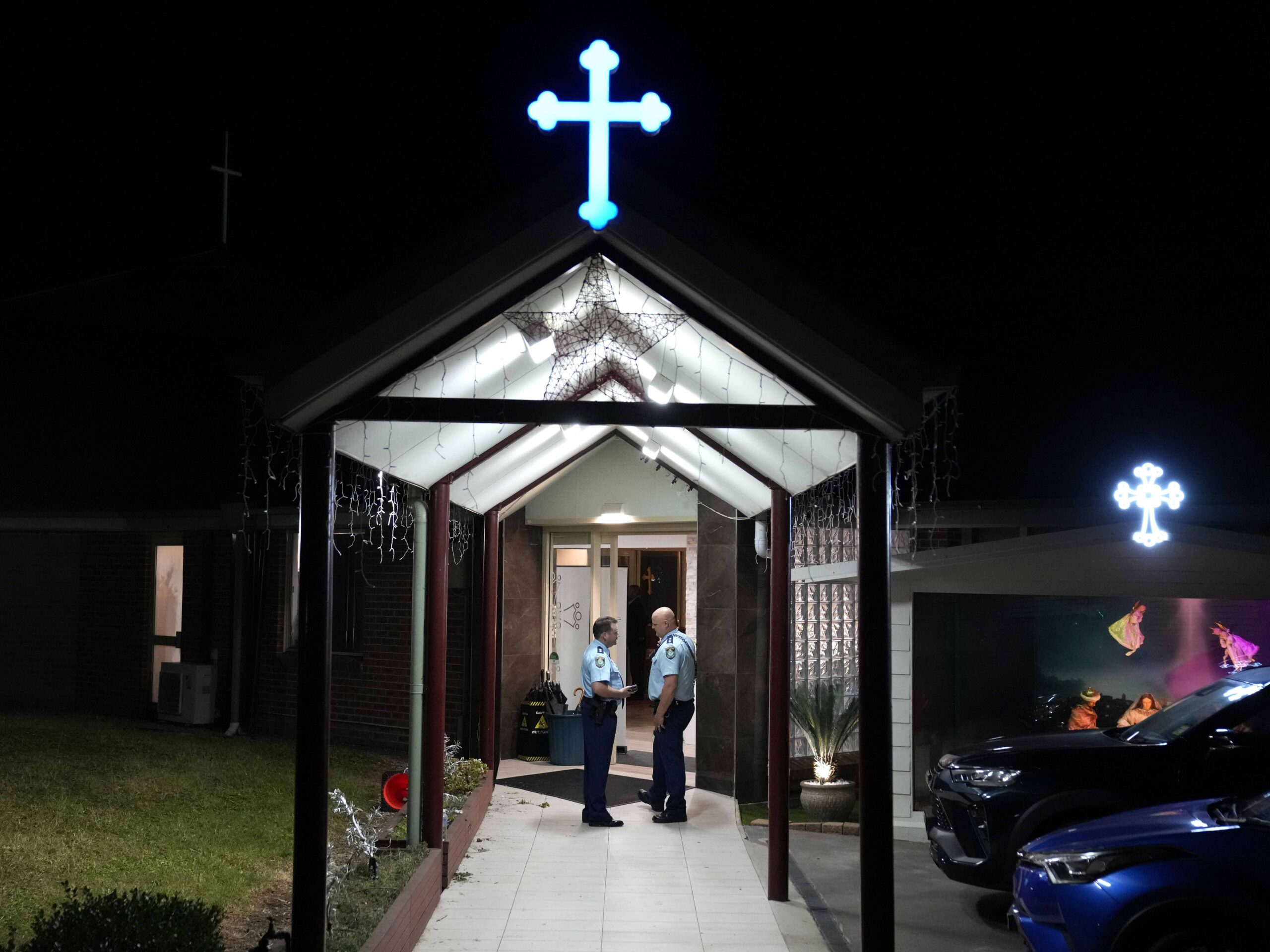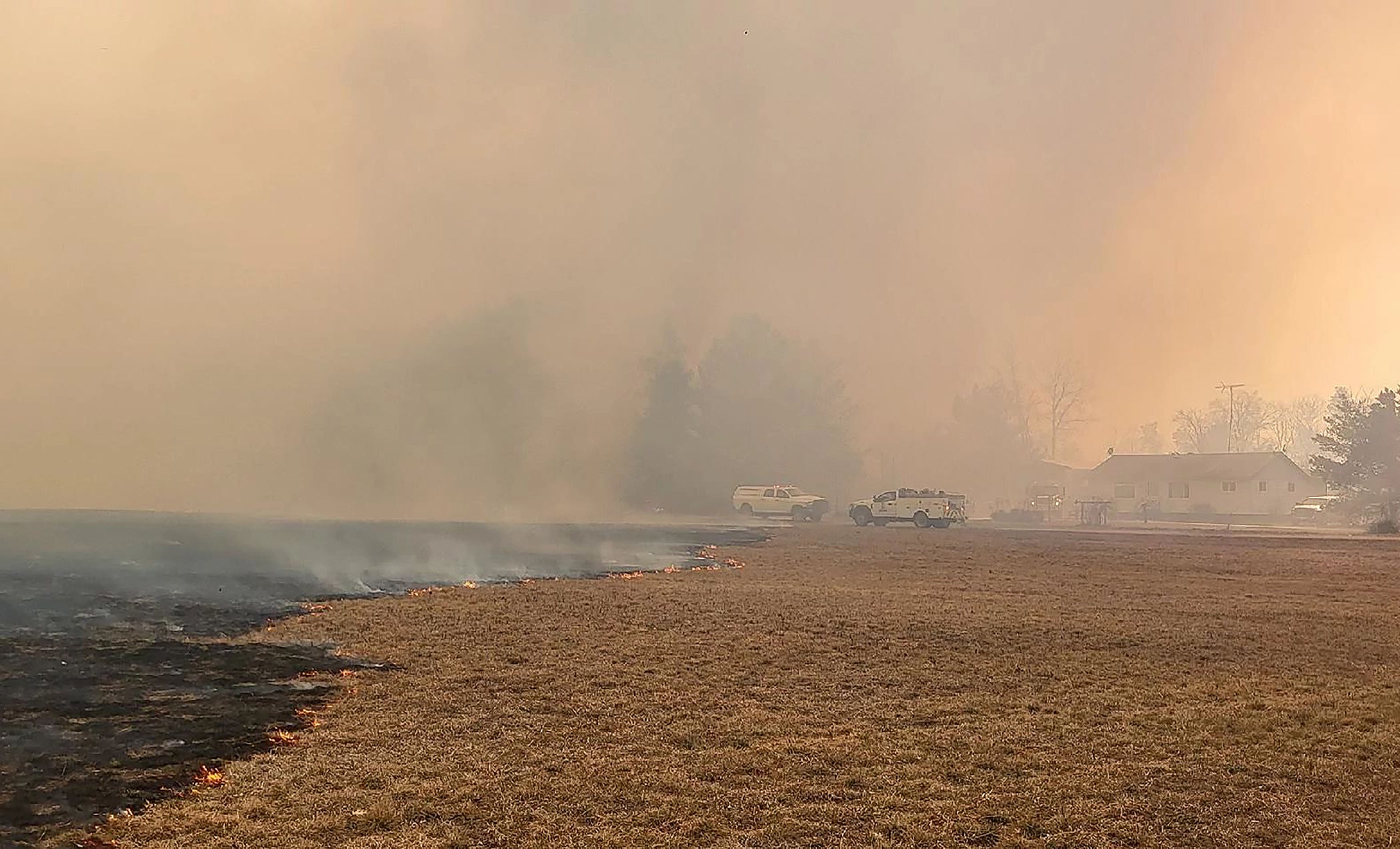State Republicans have created a pair of bills aimed at changing policies for no-knock search warrants and tracking SWAT team deployments. One of the sponsors joins us to discuss why these bills are necessary. We also hear an argument for reforming the state’s groundwater management laws, and explore the early days of football and the career of UW’s first All-American.
Featured in this Show
-
Legislative Proposal Would Require Police Reporting Of No-Knock Search Warrants, Use Of SWAT Teams
New legislation announced this week aims at increasing public awareness and understanding of two police practices – the use of no-knock search warrants and the deployment of SWAT teams. The co-author of two new bills explains why he’s bringing forward this legislation.
-
The Wild Early Days Of Wisconsin College Football
The “good old days” of college football were racked with controversy and accusations of brutality. The story of Wisconsin’s first All-American player provides a lense on the difficult birth of a sports phenomenon.
-
Environmental Advocates Call For Stronger, Balanced Protections For Wisconsin Groundwater
In a recent op-ed, three environmental advocates make the case that the state needs a balanced, yet comprehensive, approach to groundwater management in the state. One of the authors of that piece makes the case for action.
-
Meet Pat O'Dea, The Wisconsin Kicker Who Became One Of Football's First-Ever Superstars

Pat O’Dea was captain of the Wisconsin football squad for a brief period.Kickers in football are almost never considered superstars today — yet according to sportswriter Dave Revsine, a kicker from Wisconsin was one of the sport’s defining players in its formative years.
Pat O’Dea was the first ever All-American from the University of Wisconsin, and according to Revsine, his presence on the team from 1896 to 1899 caused quite the stir at a time when football was still something very new.
“It was a huge, huge deal in Madison,” Revsine said. “The game really took off in the 1890s in the time that he was there, and that’s when it took off throughout the Midwest.”
Football was a different game in those years: Field goals were actually worth more points than a touchdown, which made it possible for a player like O’Dea to emerge as a star.
“There was no forward pass, and so field position was incredibly important,” said Revsine. “Teams would often punt on first down, so they would get the ball and they would punt it right back. And so if you had a great kicker, you’d kind of win that battle of field position attrition.”
But the kickers of yesterday weren’t limited to just kicking balls through uprights. Since coaches couldn’t substitute in different players, kickers would have to play a second position. Revsine said that O’Dae also played fullback and the position equivalent to what’s known today as safety.
What’s more, O’Dae’s talents weren’t limited to football: “He was a phenomenal athlete,” Revsine said. “In fact, he briefly held a world record in the 300m hurdles that he set at a track meet while competing for Wisconsin.”
After his college football career, however, O’Dae disappeared for some time from public life following an indictment for embezzlement.
“He literally drops off the face of the Earth, as far as people know, right around the beginning of World War I,” Revsine said.
Rumors and stories spread, with the popular belief being that he had died in the war. However, some years later, O’Dae resurfaced. Not much, if anything, is said about his indictment. Apparently, said Revsine, the erstwhile star had been working at a lumber camp in California under an assumed name.
Nevertheless, his reappearance was a major news story in Wisconsin. According to Revsine, O’Dae had quite the homecoming, with parties and bonfires celebrating his return.
“From there on in, the rest of his life, Pat O’Dae kind of re-enters into popular life,” Revsine said. “He kind of leads the life that you would have thought he would have lead after this great superstar career.”
O’Dae eventually died in 1962 at the age of 90 (although not before receiving a get-well letter from President John F. Kennedy in the hospital).
Episode Credits
- Rob Ferrett Host
- Veronica Rueckert Host
- Chris Malina Producer
- Dean Knudson Guest
- Dave Revsine Guest
- Mark Redsten Guest
Wisconsin Public Radio, © Copyright 2024, Board of Regents of the University of Wisconsin System and Wisconsin Educational Communications Board.










